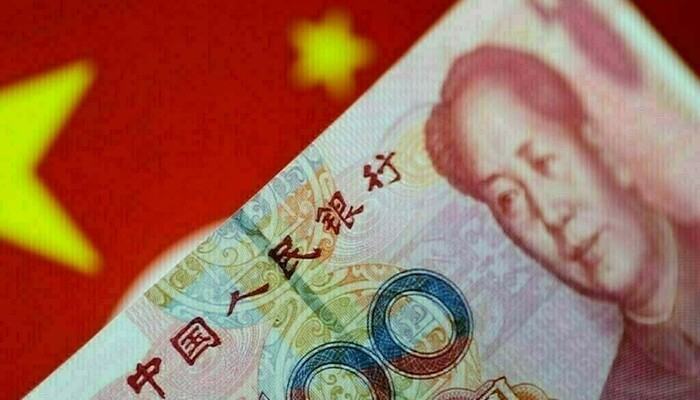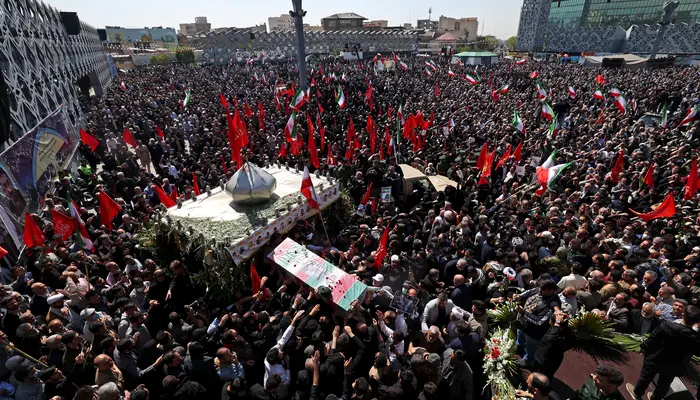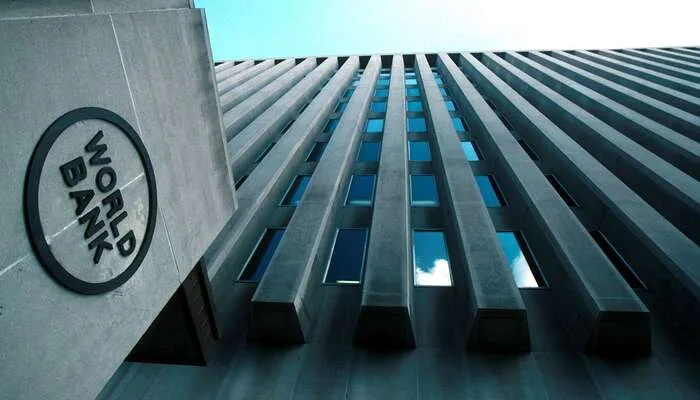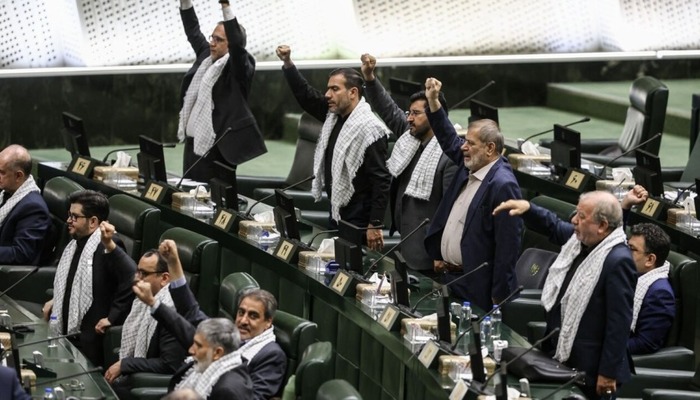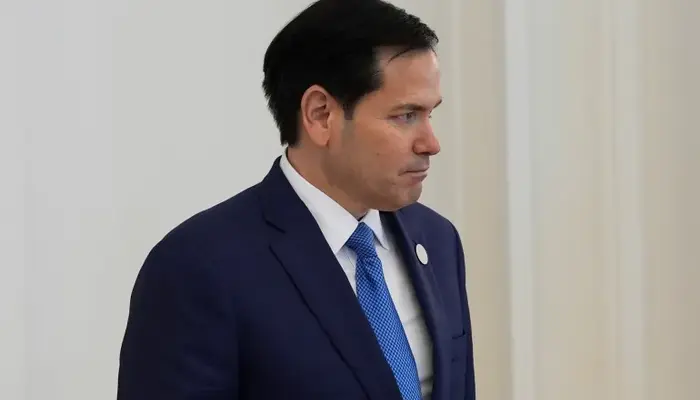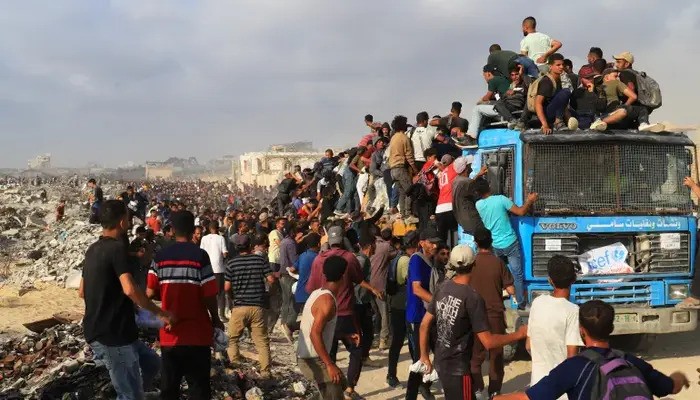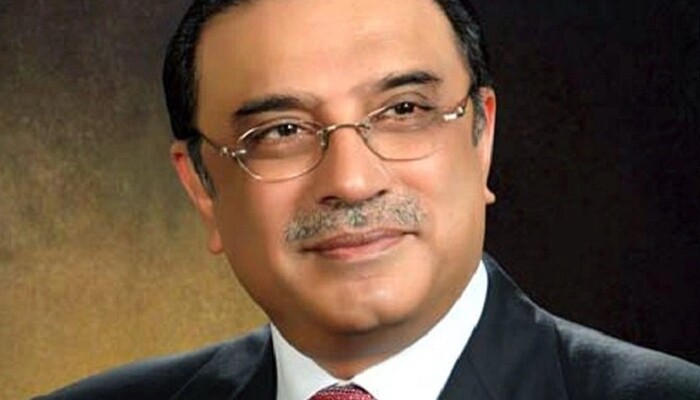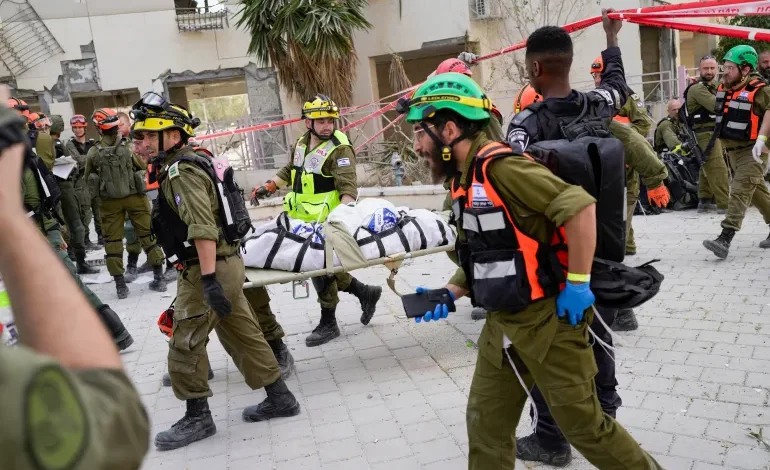
After nearly two weeks of relentless strikes, the Israel-Iran ceasefire has come into effect, offering a glimmer of hope for de-escalation in the Middle East. Both sides confirmed the truce early Tuesday, following a last-minute missile barrage from Iran.
Ceasefire Confirmed by Leaders
Israeli Prime Minister Benjamin Netanyahu announced that Israel had accepted a ceasefire proposal put forward by US President Donald Trump. The agreement followed Tehran’s earlier confirmation via state media that hostilities had halted.
President Trump declared the truce in a social media post, stating, “The ceasefire is now in effect. Please do not violate it!” Netanyahu added that Israel would respond firmly to any breach but acknowledged the success of recent operations.
Read: Iran Targets Al Udeid Air Base in Qatar Amid Rising Gulf Tensions
Final Wave of Attacks
Just before the ceasefire deadline at 07:30 GMT, Iran launched six waves of missiles, which it said were part of a final retaliatory strike. Iranian Foreign Minister Abbas Araghchi wrote on social media that the attacks were meant to punish Israel for its earlier aggression.
The strikes caused significant damage in southern Israel, with several casualties reported in Beersheba. Emergency teams and the military confirmed deaths and injuries before the calm began to take hold.
Fragile Calm Emerges
By Tuesday morning, sirens had gone silent, and Israeli authorities allowed civilians to leave shelters. No new missile launches were reported, raising cautious optimism that the ceasefire might hold.
Al Jazeera’s correspondent in Tehran described the atmosphere as tense but quiet, noting that the suspension of Israeli air raids was a positive sign.
Diplomatic Coordination
The ceasefire was achieved through close coordination between Israel and the United States. Netanyahu credited the truce to “full coordination with President Trump” and the achievement of Israel’s operational objectives.
While tensions remain high, the ceasefire signals a potential turning point in a conflict that risked spiraling into a regional war. International observers now urge all parties to shift from confrontation to diplomacy.
Follow us on Instagram, YouTube, Facebook,, X and TikTok for latest updates




